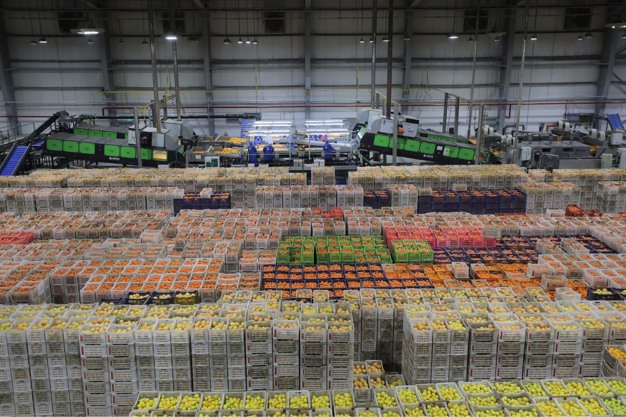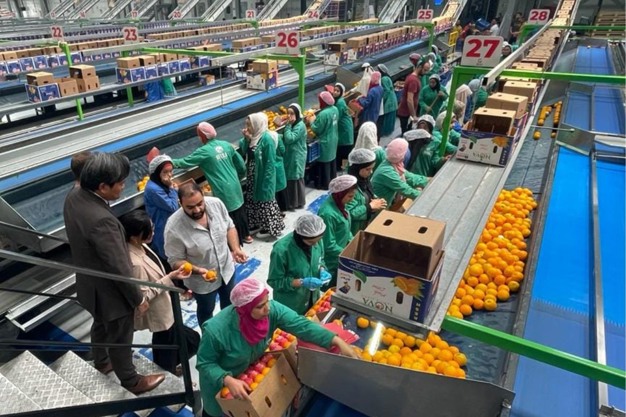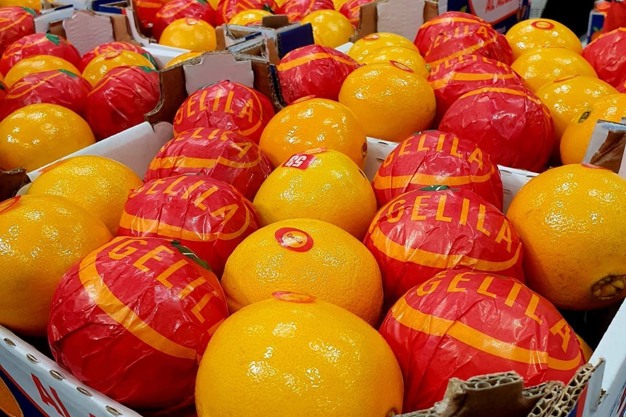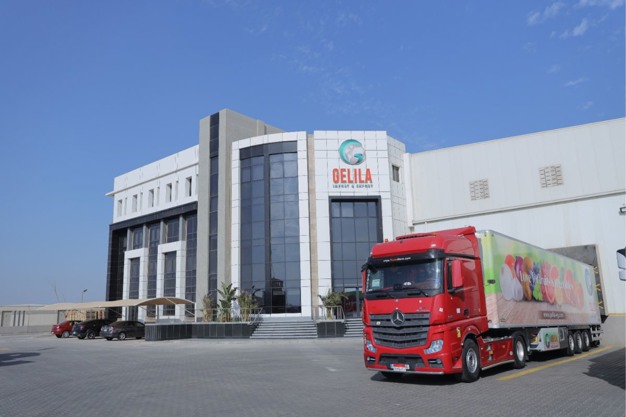Egyptian citrus exporters unanimously complained of a difficult season, as the Red Sea crisis cut them off from important markets in Asia, and additionally led to an abundance of supply in other markets and a subsequent fall in prices. According to Eslam Gelila, CEO of Gelila, the crisis has rendered the 2023-2024 campaign unprofitable.

Eslam says: "Our business in Asia, particularly the Far East, has been hit hard by the situation in the Red Sea, and this applies to all Egyptian exporters. We still manage to deliver low volumes, but this involves taking risks every time."
The exporter continues: "In addition to the considerable increase in transport costs to the Far East, importers there have concerns about the shelf life and freshness of the fruit, as shipping times have risen from 22 to 45 days. Exporters who have a strong brand and are known in the market for their quality are faring better than others, but everyone is in the same boat."

According to industry sources, a few Chinese shipping companies cross the Red Sea safely and smoothly. However, the risk of using their services is too high, says Eslam. "I'm not personally aware of this, but in any case, we work with the best-known and most reputable international companies. We can't risk losing an entire shipment."
To cope with this situation, Egyptian exporters have turned to other markets, such as their traditional markets Europe, Russia, and the Middle East, and other emerging markets, such as Brazil and Canada. Eslam shares that Gelila increased its exports to Brazil by 50% this season.
"We're also exporting more to East and West Africa, but we're stumbling over unsatisfactory prices due to lower purchasing power in these countries," explains Eslam.

"It is noteworthy to recall that Egyptian citrus production has increased considerably this season in terms of volume. Combined with the exclusion of Asian markets, this has led to an abundant supply on our major markets in Europe, Russia, and the Middle East, and lower prices" says Eslam.
"Prices are at the same level as the same period of last season, but we expect prices at the end of the season to be lower," says the exporter. According to other sources, while prices in USD are at the same level as last year, they are lower in local currency (EGP), and producers and exporters alike see their margins significantly reduced.
"All in all, this citrus season is simply unprofitable. We are continuing to export merely to keep working, to maintain a cash flow, and keep our position in the markets, especially since Egypt is the biggest exporter " deplores Eslam. "This difficult season is going to be a long one since volumes exceed those of last season, and the campaign will end later than usual."

Egyptian exporters, who previously voiced their hopes for a swift end to the crisis in the Red Sea, now have more sober expectations. As Eslam says, "We're hoping for positive market movement at the end of Ramadan, when Spanish volumes should be exhausted, and the stimulation of orange juice production and consumption in the summertime."
For more information
Eslam Gelila
Gelila
Tel: +20 100 000 4540
Email: [email protected]
www.gelila-eg.com
